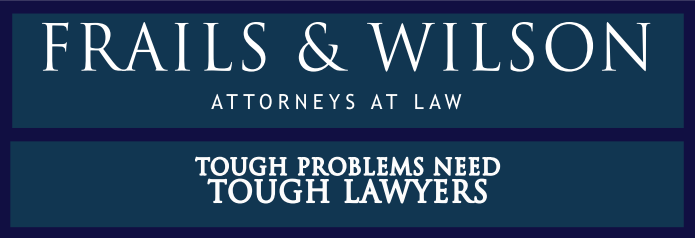In the competitive real estate market, homebuyers have often employed emotional appeals, commonly called ‘love letters,’ to stand out to home sellers. While it may seem like a charming way to secure a dream home, these love letters can lead to unintended consequences, raising ethical issues that real estate agents must vigilantly consider.
Love letters are personal letters from potential buyers to sellers expressing their emotional attachment to a property. They often include personal narratives, family photos and sentimental reasons why the buyer is interested in the home. The idea is to create an emotional bond that could influence the seller’s decision.
Understanding the ethical implications of love letters
As a real estate agent, you facilitate fair and transparent transactions based on objective criteria such as the buyer’s financial capability and the offer price. When love letters come into play, decisions can become influenced by personal sympathies or prejudices, leading to potential fair housing violations.
The buyer’s personal story may include details about their family, occupation or lifestyle choices, which could inadvertently reveal their marital status, nationality, religion or other protected classes under the Fair Housing Act. If these factors sway a seller, it may lead to inadvertent discrimination, making the transaction legally and ethically problematic.
Adopting a responsible approach in property transactions
Real estate professionals must maintain an equitable marketplace free from bias and discrimination. Hence, it’s advisable to discourage clients from writing or using love letters during home-buying. The seller’s agent may not allow the notes anyway. Instead, focus on the buyer’s financial readiness, the value of their offer and their genuine interest in the property. Encourage buyers to write a formal, professional letter outlining their offer’s merits without involving personal stories or emotional pleas.
In the end, a responsible approach to property transactions safeguards the interests of all parties involved. It upholds the principles of fairness and equality that are the foundation of our profession. It’s vital to stay vigilant, avoid pitfalls and to do what you can to ensure that the industry continues to meet the highest ethical standards.







